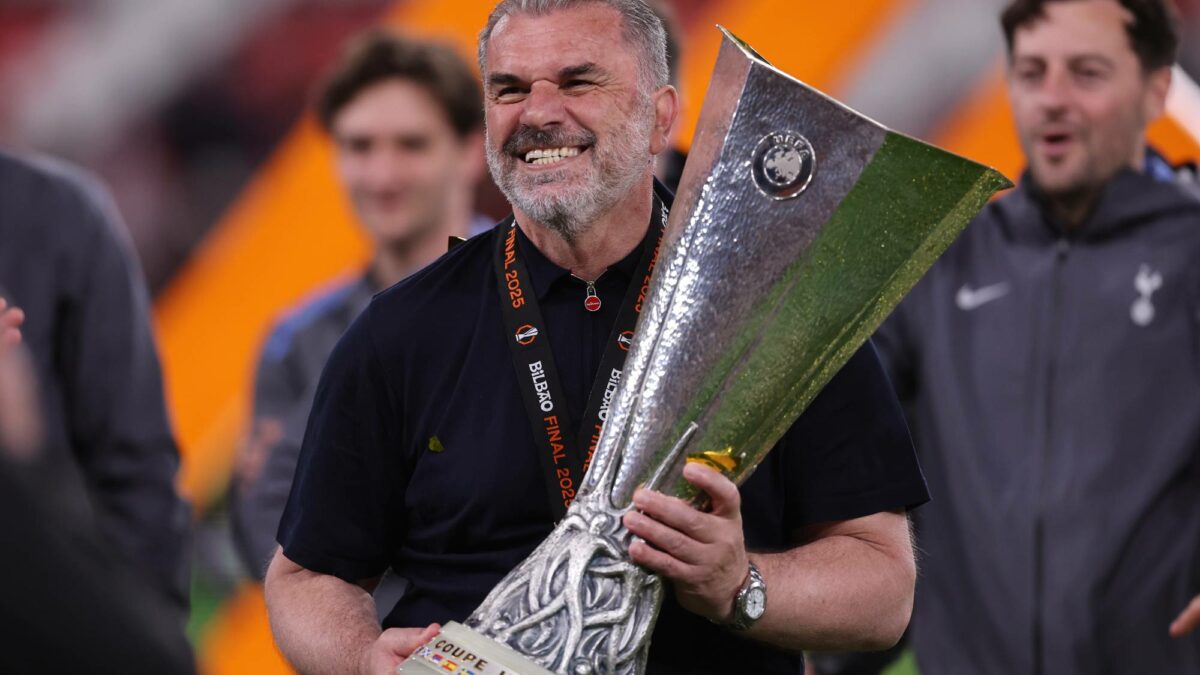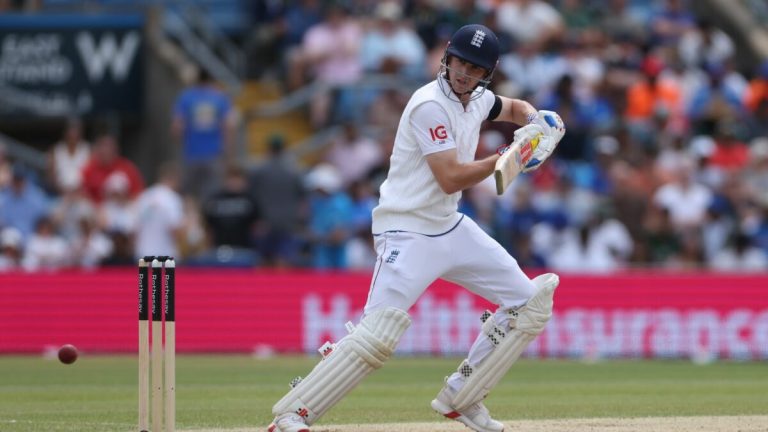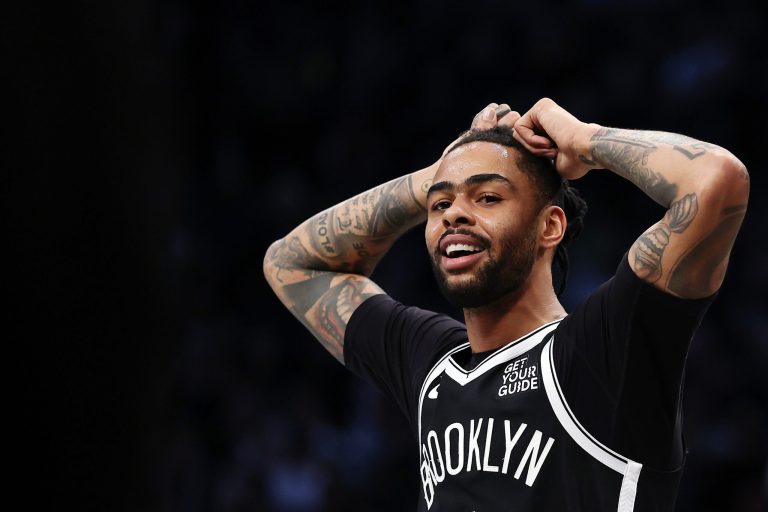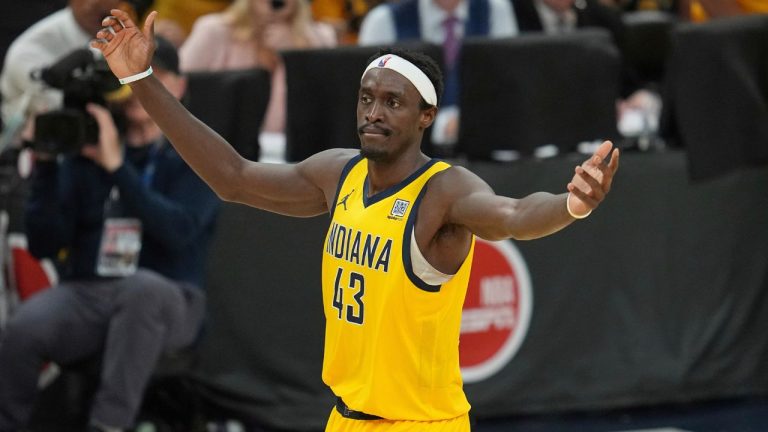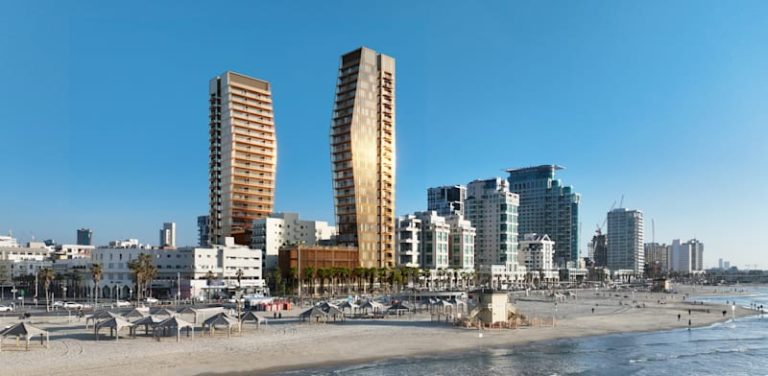For years it’s felt like football has slowly been declining, each season a repeat of the previous, winners known before a ball kicked.
State and hedge fund ownership of clubs has meant success has centralised to a few, the margins between the top and middle are wider than at any point in history, and the margin between top and bottom is almost insurmountable. The big clubs get bigger. The small remains just that.
Bayern Munich dominated Germany. PSG, France. Barcelona and Real Madrid, Spain. Juventus, Italy. And Manchester City, England. Let’s not even talk about the Champions League. Without American wealth, Middle Eastern oil or other form of autocratic money source, or an already established powerhouse status, winning anything didn’t only seem impossible, it was impossible.
Long gone was the era of surprise winners and rewards for brilliant coaching, exceptional recruiting, and best-in-class youth development. It seemed football was lost in a cycle of the same winners winning the same things every season, a sporting Groundhog Day of sorts.
And then, something happened. It happened in England in 2020, when Jurgen Klopp’s Liverpool finally overcame the overwhelming might of Pep Guardiola’s City. Admittedly the Merseysiders are American owned, but they operate vastly differently to their cousins, like Chelsea or Manchester United.

Mohamed Salah of Liverpool takes a selfie with the fans, as they celebrate the teams victory and confirmation of winning the Premier League title after the Premier League match between Liverpool FC and Tottenham Hotspur FC at Anfield on April 27, 2025 in Liverpool, England. (Photo by Carl Recine/Getty Images)
The following season, Inter Milan broke Juventus’ nine-year hold on the Serie A title, claiming their first league victory in over a decade. Lille broke PSG’s title dominance in France, Atletico Madrid won their second title in a decade, and Leicester City became the first club outside England’s ‘big six’ to win the FA Cup – their first ever. It seemed maybe, just maybe, football received the circuit breaker it needed and the underdogs again had their chance for a sustained moment in the sun.
That didn’t materialise. The following two seasons the heavyweight returned to title glory everywhere except Italy. Granted, Nantes and Toulouse won the 2022 and 2023 Coupe De France trophies, Real Betis lifted the 2022 Copa Del Rey, and RB Leipzig added the 2022 and 2023 DFB Pokal to their trophy cabinet, although they are no minnow by any metric.

Ange Postecoglou manager / head coach of Tottenham Hotspur with the UEFA Europa League trophy during the UEFA Europa League Final 2025 between Tottenham Hotspur and Manchester United at San Mames Stadium on May 21, 2025 in Bilbao, Spain. (Photo by Catherine Ivill – AMA/Getty Images)
In Italy, however, things were different. Following Inter’s 2021 title, dormant powerhouses returned to the league’s summit in the form of 2022 winners AC Milan and Napoli (2023). Inter reclaimed the title in 2024, the same year Xabi Alonso’s Bayer Leverkusen knocked Bayern Munich off their perch and ended their 11-year stretch of consecutive Bundesliga titles.
They did so unbeaten, and were one game short of completing an unprecedented undefeated treble, only to lose that year’s Europa League final to Atalanta, themselves a surprise winner of their first major trophy since the 1960s courtesy of a hat-trick from Ademola Lookman, previously unwanted by Fulham and Everton.
Few would have expected football to pick this season up where 2024 left off. Yes, Bayern and PSG returned as champions of their respective leagues, the former delivering the perennially second Harry Kane his first career major honour in the process, while Barcelona claimed a Spanish league and cup double.
But, Napoli won their second title in as many years, rebounding from the worst title defence in Italian history to do so under Antonio Conte, and with former Manchester United whipping boy Scott McTominay as their most important attacking presence.
Bologna beat Milan to win their first major trophy in 50 years, capping a season many expected them to finish mid-table following Thiago Motta’s departure to Europe in celebratory fashion. Motta was of course the man to guide them to Europe last season, a fantastic story lost in the jubilation of Leverkusen and Atalanta’s feats.
Liverpool won their second league title this decade despite many expecting them to struggle after losing Klopp and failing to strengthen the squad for his replacement, Arne Slot. In the end, it did not matter. Crystal Palace beat City to win the FA Cup, Newcastle ended a generational trophy drought via the League Cup (tarnished, yes, by their Saudi Arabian ownership), and Tottenham followed Kane’s lead by winning the Europa League despite finishing 17th in the Premier League.
Something, something, I always win stuff in my second season. Ring a bell?
In Germany, Leverkusen finished second but Stuttgart won the DFB Pokal, beating third-tier Arminia Bielefeld, themselves one of this season’s great underdog stories, 4-2 in the final. It was the Reds’ first major trophy since 2007, a period where they’ve been relegated twice.
In women’s football, Arsenal achieved the impossible, beating a seemingly invincible Barcelona side in the final.
And they’re just the underdogs who won things. Real Betis dared to dream in the UEFA Conference League, falling short against a Chelsea side who’ve spent more than many nations’ GDPs. They will get a chance at redemption in next year’s Europa League after a fine domestic campaign under Manuel Pellegrini, spearheaded by Isco and Antony’s career resurgences.
They will be joined in that competition by Celta Vigo, who two seasons ago fought relegation. Mainz and Freiburg will also likely take their places in Europe’s second-tier competition.
In England, Nottingham Forest dared to dream of Champions League football and ultimately fell short, finishing 7th, an amazing achievement for a club that had struggled to leave a mark on the Premier League since returning a few seasons ago, while Bournemouth and Brentford, two well-run footballing machines, both held European dreams for much of the season. Sunderland returned to the top flight after years lost deep in the football wilderness, as did another football powerhouse, Hamburg, who re-joined the Bundesliga for the first time since 2017-18.
Moving forward, this season may be viewed as an anomaly, or it will be viewed as the circuit breaker European football needed finally arriving. While it is unlikely that newly crowned Champions League winners PSG will relinquish their league crown, Bayern Munich may continue their current momentum too, while Conte’s return could coincide with Juventus returning to past glory.
Manchester City might too remember who they are as they usher in a newer, younger era. But, if Bologna, Leverkusen, Palace, Atalanta, Napoli, and the like have shown anything recently it is that there are ways to decentralise football’s glory. They’ve drafted the blueprint for others to follow and continue the disruption that has ended the rot and reignited the sport in ways once believed to be a relic of a past no longer achievable. That is something to be excited about.
